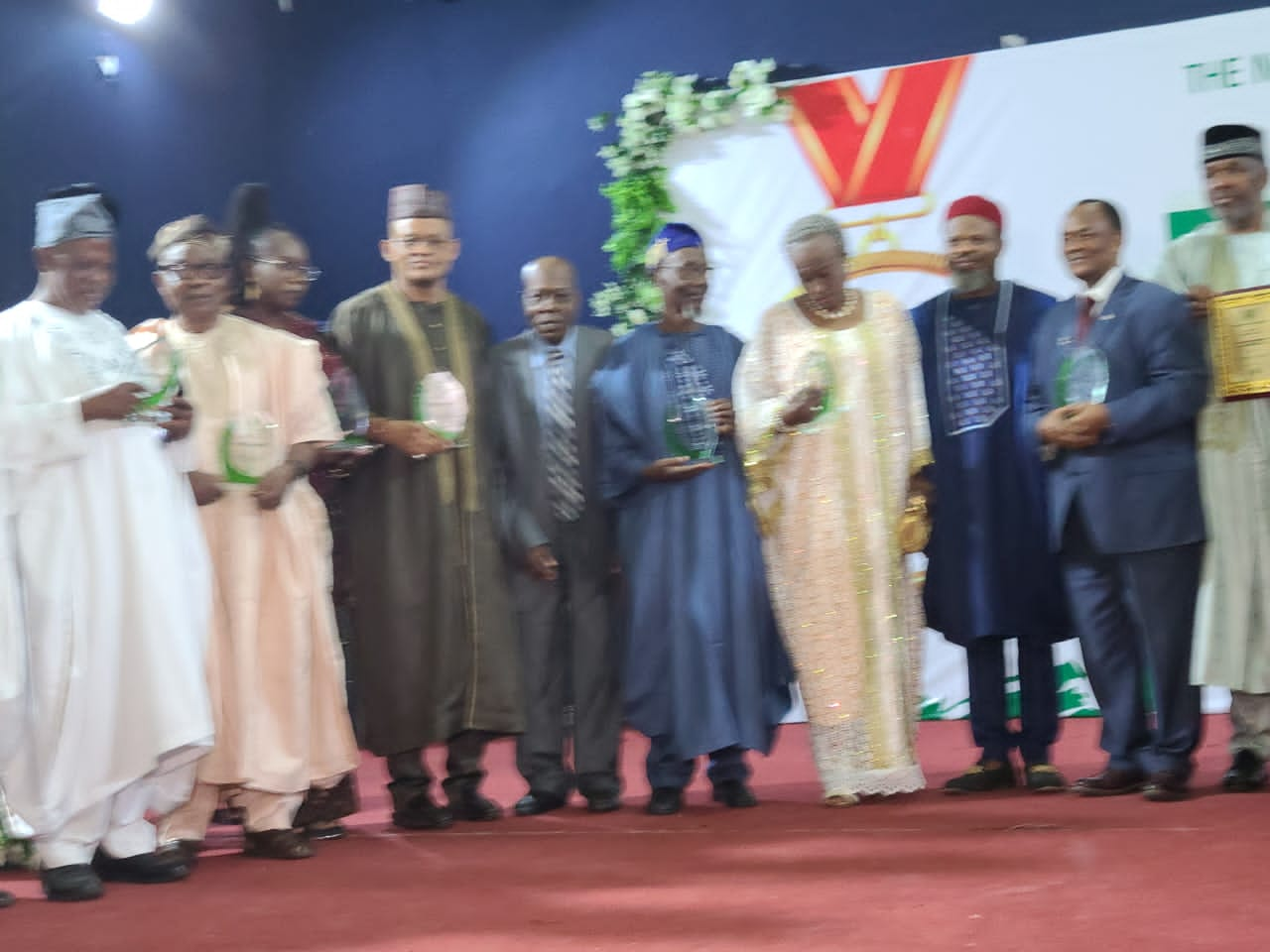By Seun Johnson
Regardless of its efficiency, uniqueness and speed of delivery, ChatGPT has been identified as one of the latest technological invention that is dangerous to journalism, copywriting and other journalistic endeavours.
ChatGPT, a chatbot developed by openAI and launched in November 2022 is widely adopted by younger generation of writers for having a large language model that enables users to refine and steer a conversation towards a desired length, format, style, detail level and language. It is a trend that resonates among the modern day pen-pushers, copywriters and others in the business of writing.
However, its impact on journalism has been faulted by some veteran journalists and media experts who were of the opinions that the technology poses a great danger to the profession.
According to Sir Folu Olamiti, former Editor of the Nigerian Tribune, ChatGPT will destroy so many people’s careers especially the younger generation in the profession, revealing that asking machine to write stories or speeches without having to task one’s brain is a way of laziness.
“It’s a way of laziness. Asking machine to write story or speeches for you without even tasking your brain, it’s going to destroy so many people especially those people coming behind us who are very young.
“They can just live their thinking to a machine to think for them and write story for them. In our own day, you have to think about what you are going to write to improve the society. But How do you want people to write things for you, distorting your thought, distorting your value?
“To me, I won’t subscribe to AI as something that can help us do anything,” he said.
Also giving his perspective on the development, former Head of Mass Communication Department at the University of Lagos, Professor Ralph Akinfeleye noted that although ChatGPT has several advantages but people are seriously misusing it and it is the abuse that is endangering the writing profession.
“Even in the universities, students are now becoming lazy and not ready to read. They are depending on AI and that is not helping us. It is not adding to the pedagogical purity of the discipline and therefore we should not totally rely on Artificial Intelligence. In other words, we should not buy it wholesale but rather buy it in retails,” he said.
Slightly taking a different stance from the previous speakers, Mrs. Dupe Ajayi Gbadebo, former Political Editor at Guardian Newspaper posited that it is important to be part of the Artificial Intelligence, saying this is not the time to stay back from the rest of the world.
“We must key in. I know there is a lot of anxiety about job loss, the dangers it poses on journalism and things like that but things will still come back into shape. We need to embrace it, we must allow our children to study it, otherwise, they will not catch up with the rest of the world,” she stated.






Comment
No comments found.